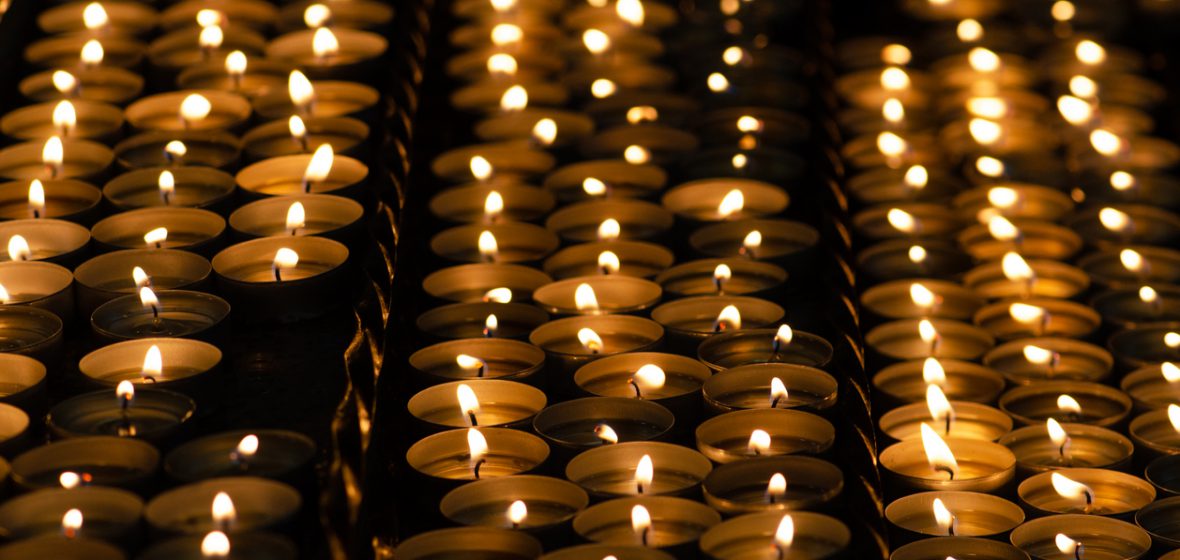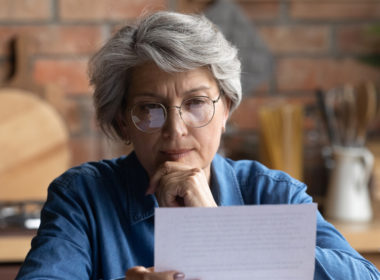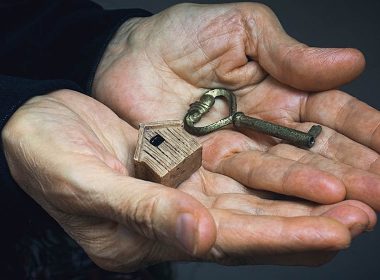By Darryl Browne -
Snapshot
- Various disputes can come before a court in the immediate aftermath of a death concerning the deceased’s human remains.
- A hearing of these disputes may resemble speed dating – there can be informal evidence, no or little cross examination, and no order for costs irrespective of ‘success’.
- The question of who is authorised to make reasonable and appropriate arrangements will usually depend on practical considerations and is not restricted to traditional positions of executor or presumptive administrator.
A wide range of issues can arise where a dispute comes before a court following a person’s death. Some of the most tragic and emotionally difficult arise urgently in the immediate aftermath of the death and concern the deceased’s human remains. A common feature of these disputes is an unexpected death. Another feature is the absence of clear and undisputed wishes of the deceased. Another is the absence of a person with clear authority to resolve the disputed issues.
Other factors may also exist. There may be a clash of cultural, religious or spiritual beliefs (Charafeddine v Magistrate R Denes sitting in the Coronial Jurisdiction at Ballina [2015] NSWSC 269 and Gus Kak v Allison Sarah Kak (nee Boman) [2020] NSWSC 140 (‘Kak’)).




